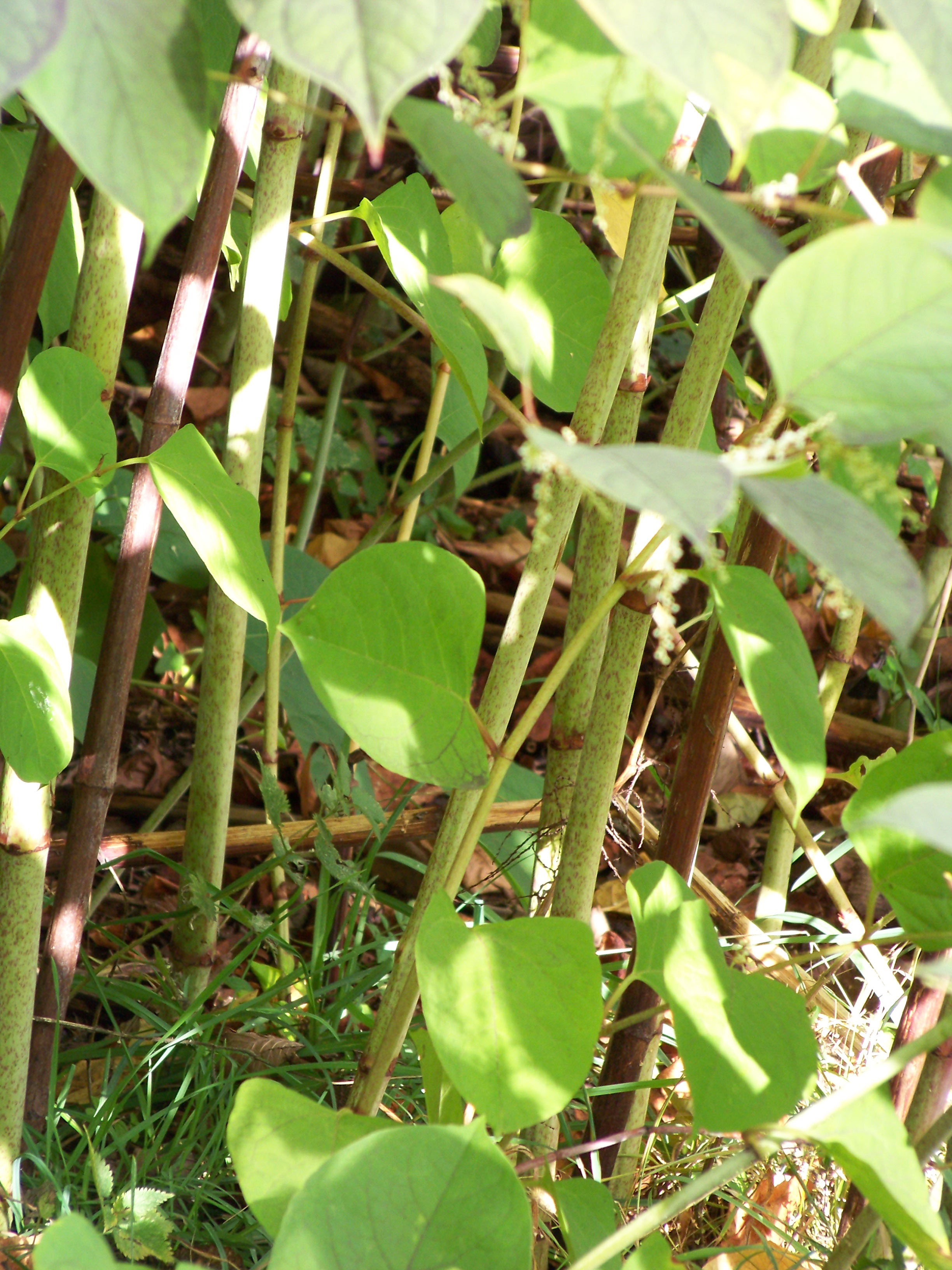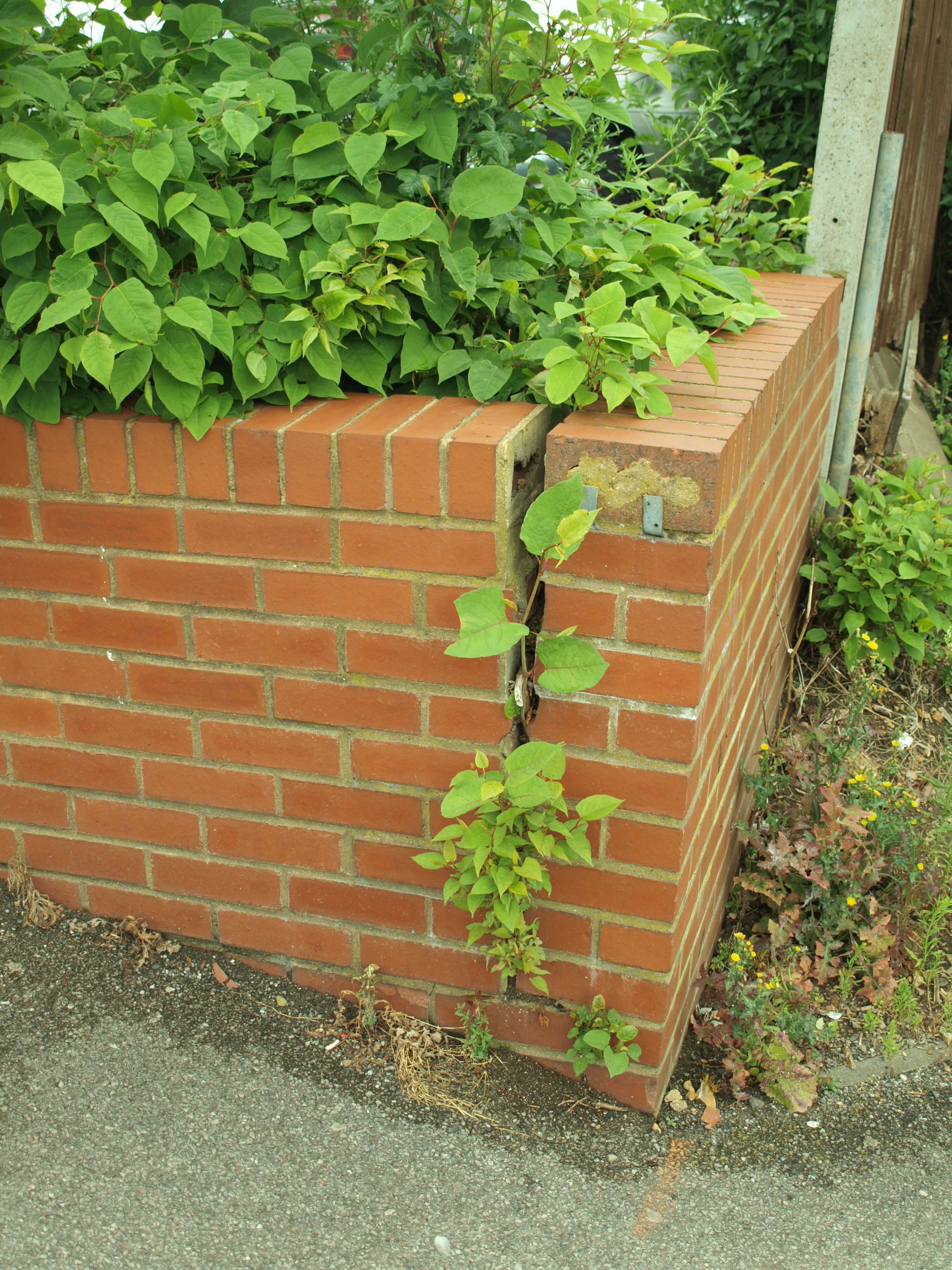Trade body support for new research into Japanese knotweed
National trade body the Property Care Association (PCA) has welcomed new research into the treatment options for Japanese knotweed.
Researchers from Swansea University have recently revealed their findings on how best to tackle the invasive, non-native plant.
The research involves what is believed to be the world’s largest field trial investigating the plant.
Stephen Hodgson, Chief Executive of the PCA, said:
“Essentially the research has confirmed that Japanese knotweed is very difficult to kill.
“We support this research fully. It’s a great piece of work and the findings validate what we have been doing and saying for a number of years.
“They align with the cautious approach we have publicised in the PCA’s Invasive Weed Control Code of Practice and in our industry best practice.
“We are sharing the findings across our membership and will be looking in particular at the reference to the most effective timings for treatment, as this will be an important element of us continuing to develop best practice.”
In September 2015, delegates at the PCA’s Invasive Weed Control Conference, held in Swansea, were able to see first-hand these pioneering field trials and understand some of the methodology behind the research being undertaken.
Site visits were held before and after the conference to the field trial areas nearby, where the research – which has been sponsored by PCA member Complete Weed Control – was being conducted.
Mr Hodgson added:
“We have long advocated the need for a highly specialised treatment regime for Japanese knotweed.
“Ultimately, the research highlights the importance of selecting the correct and diligent treatment options, carried out accurately by professionals who are specialists in this area, who understand the physiology of the plant and have the expertise to control and manage invasive plant species.
“PCA members treat the plant and monitor for regrowth. The monitoring element is crucial to the whole treatment process.
“As responsible contractors, our members are able to offer insurance-backed guarantees, which mirror the terms of contractors’ own guarantees, to give reassurance that this persistent plant is treated and controlled.
“This offers a great level of reassurance to our members’ clients. Japanese knotweed does tend to get over-hyped, but it and other invasive non-native species are just plants and we are taking all steps necessary to ‘normalise’ them so the issue is viewed generally as any other type of property problem.
“That means it can be identified, risk assessed and treated with minimal impact by recognised experts.”
In 2012, the PCA, which was formed more than 85 years ago, worked with the Royal Institution of Chartered Surveyors (RICS), supported by the Council of Mortgage Lenders and The Building Societies Association, together with Japanese knotweed control companies which currently operate within the UK, to set up the Invasive Weed Control Group.
Since then it has developed specialised training, codes of practice and international conferences to drive forward professionalism in the sector.
The PCA is also developing a garden of non-native invasive plants, including Japanese knotweed, for the RHS Chelsea Flower Show to further raise national awareness.
It will feature plants including buddleia, bamboo and montbretia – a common sight in gardens across the country – which are among a number of non-native species, including Japanese knotweed, that ‘escape’ from gardens up and down the UK.
Entitled the ‘Enemy Within’ the garden will be located within the Discovery Zone in the Great Pavilion at the RHS Chelsea Flower Show.
Professor Max Wade, Chair of the PCA’s Invasive Weed Control Group, said:
“The PCA’s professional members are at the front line supporting the identification of suspect plants, making risk assessments and delivering comprehensive strategies for their effective control and, where necessary, eradication.
“Our experience shows that early intervention is best practice in the control of non-native invasive plants such as Japanese knotweed, as well as giant hogweed, giant rhubarb and Himalayan balsam.
“A part of the challenge posed by invasive plants is to spot and prevent the next Japanese knotweed taking hold, with all the associated environmental and economic costs, as well as legal implications.
“We know from studies of today’s invasive weeds that it can take decades for a plant to become a national problem after escaping from gardens.
“Giant rhubarb was first seen outside of gardens in 1908 but it wasn’t until about the turn of the century that it became invasive, while Japanese knotweed took from 1886 to around 1940 to really take off.
“So, gardeners and other horticulturists can make a valuable contribution by keeping plants like the ones being grown for our display and which grow in their gardens firmly under control and to help identify and take action to deal with tomorrow’s Japanese knotweeds and reduce their impact for future generations.”
The PCA has produced a ‘behind the scenes’ video about the non-native invasive weed control garden, which can be viewed at https://www.youtube.com/PCANews
Kindly shared by Property Care Association


















